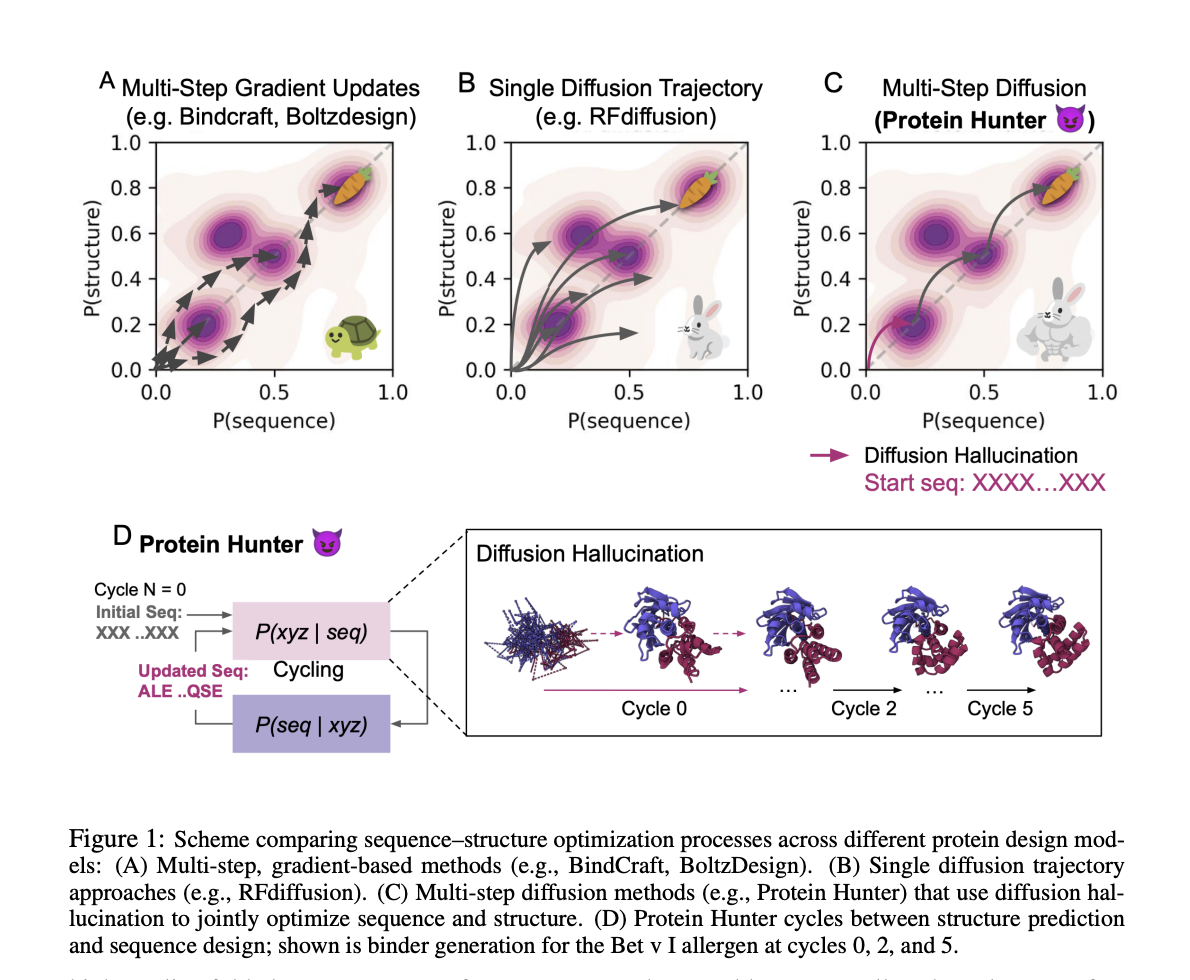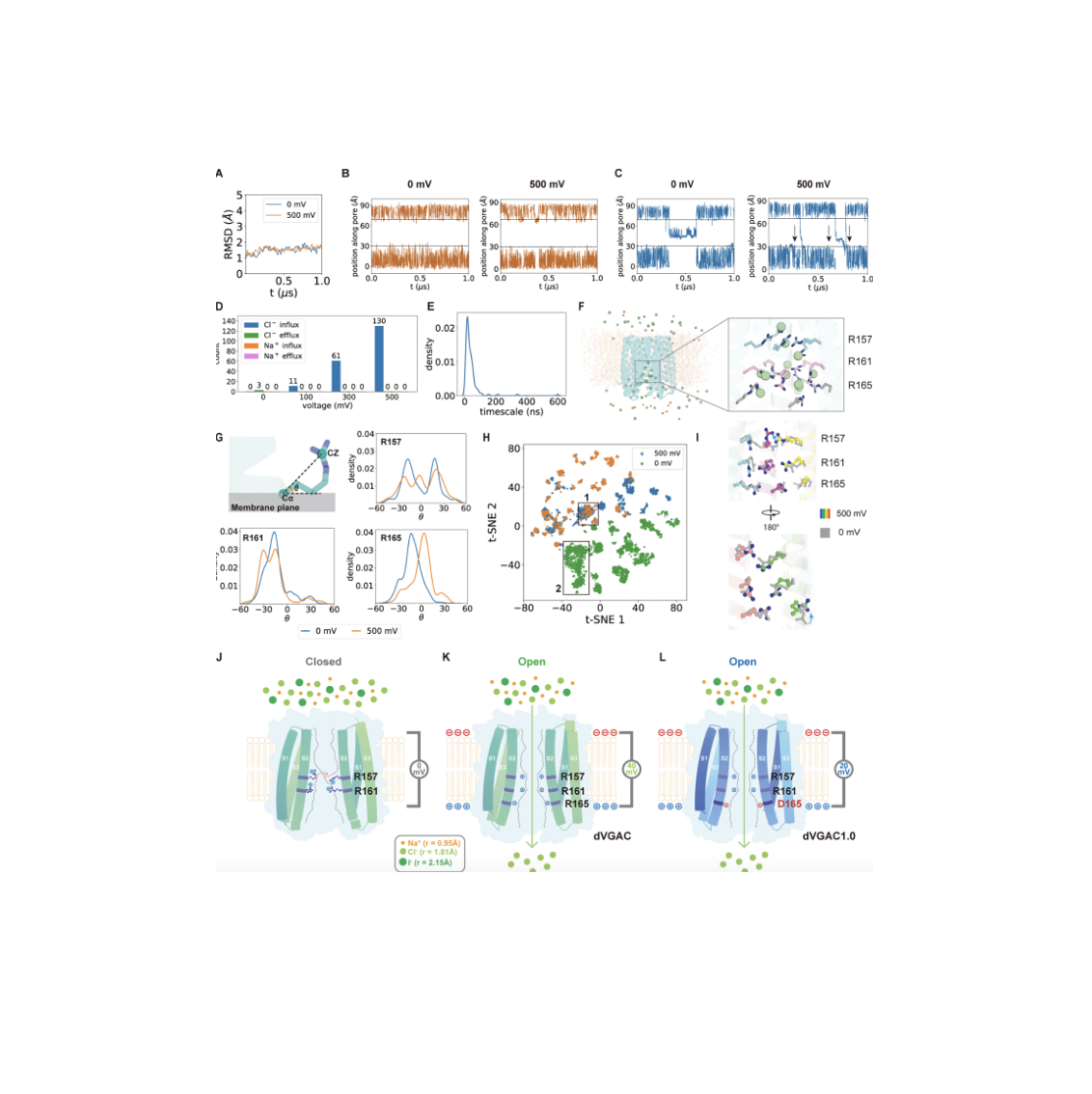Our Mission
Recent advances in high-throughput experimental methods and machine learning approaches have fueled interest in ML-driven protein design. These advances may enable more rapid development of designed proteins with applications ranging from biopharmaceuticals, catalysis, material design and basic science research. However, this excitement has exposed important research questions across the foundation of this emerging engineering discipline.
For example:
What experimental approaches can feed the data-driven design cycle?
Which machine learning models and parameterizations of proteins hold the right inductive biases?
What are the limits of the growing structural and evolutionary data in the PDB and UniProt?
How do we use our trained models to guide data collection?
We think these questions will be best addressed by a collaborative, interdisciplinary community. Thus, the ML4Protein Engineering community runs a bi-weekly seminar series to address these advances and other outstanding problems, such as high-throughput screening, model-based optimization, and representation learning.
To access announcements, please follow us on Twitter or Bluesky! You can also visit our YouTube to see recordings of past talks! Also, be sure to join our Slack Community, where we discuss even more opportunities beyond the seminar series!
Check out our new seminar series, Early Career Scientists, below!
Interested in recommending a paper or author for our 2025 seminar series? Want to make suggestions for new seminar formats? Take our 2025 ML4PE Community Poll here!
Upcoming Seminars
ML4PE Seminar series
ML4PE Early Career Seminar series:
Hosted on Wednesdays 4-5pm EST unless otherwise noted
October 8th— Dr. Alan Amin (NYU Courant Institute)
October 15th— Dr. Rohith Krishna (UW Protein Design)
October 22nd— Dr. Eli Weinstein (Technical University of Denmark)
November 19th— Dr. Yunha Hwang (MIT)
November 26th— Dr. Ariane Mora (AITHYRA)
December 3rd — Dr. Hannah Wayment-Steele (UW-Madison)
For a list of past seminars and recordings, check the full schedule page.
Organizers
Meg Taylor
Duke University Biomedical Engineering PhD Student
Divya Nori
Stanford University Computer Science PhD student
Jason Yang
CalTech Chemical Engineering PhD Candidate
Leo Zang
Harvard Medical School SSQBio PhD Student
Bo Qiang
University of Washington Computer Science PhD Student
Ria Vinod
Brown University Computational Biology PhD Candidate
Contact us : mlproteinengineering@gmail.com
Past Organizers
Kevin K. Yang
Senior Researcher, Microsoft Research
Brian L. Trippe
Assistant Professor, Stanford University
Ava P. Soleimany
Senior Researcher, Microsoft Research
Lucy Colwell
Research Scientist, Google Research
Jody Mou
MIT HST PhD Student
Amy Lu
Senior Research Scientist, Isomorphic Labs
Alex X. Lu
Senior Researcher, Microsoft Research
Marshall Case
Computational Biologist, Manifold Bio
Tianyu Lu
Stanford Bioengineering PhD Student
David Belanger
Research Scientist, Google Brain
Andreea Gane
Research Scientist, Google Deep Mind






